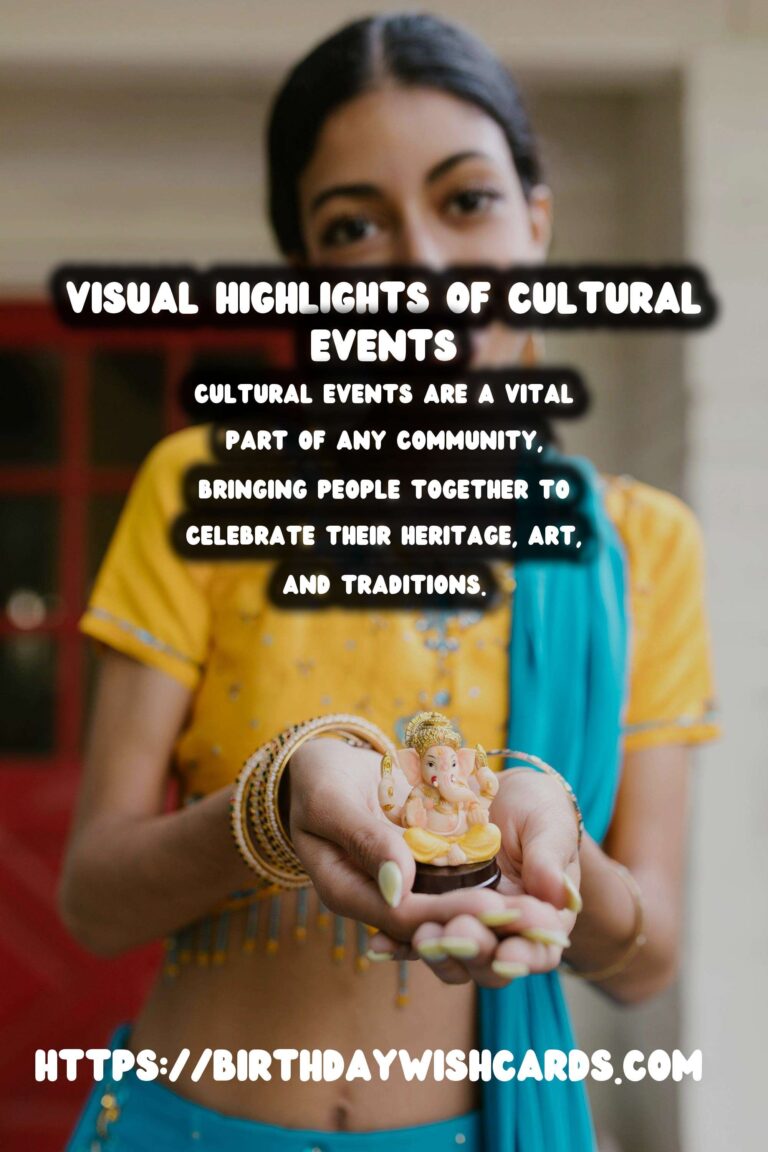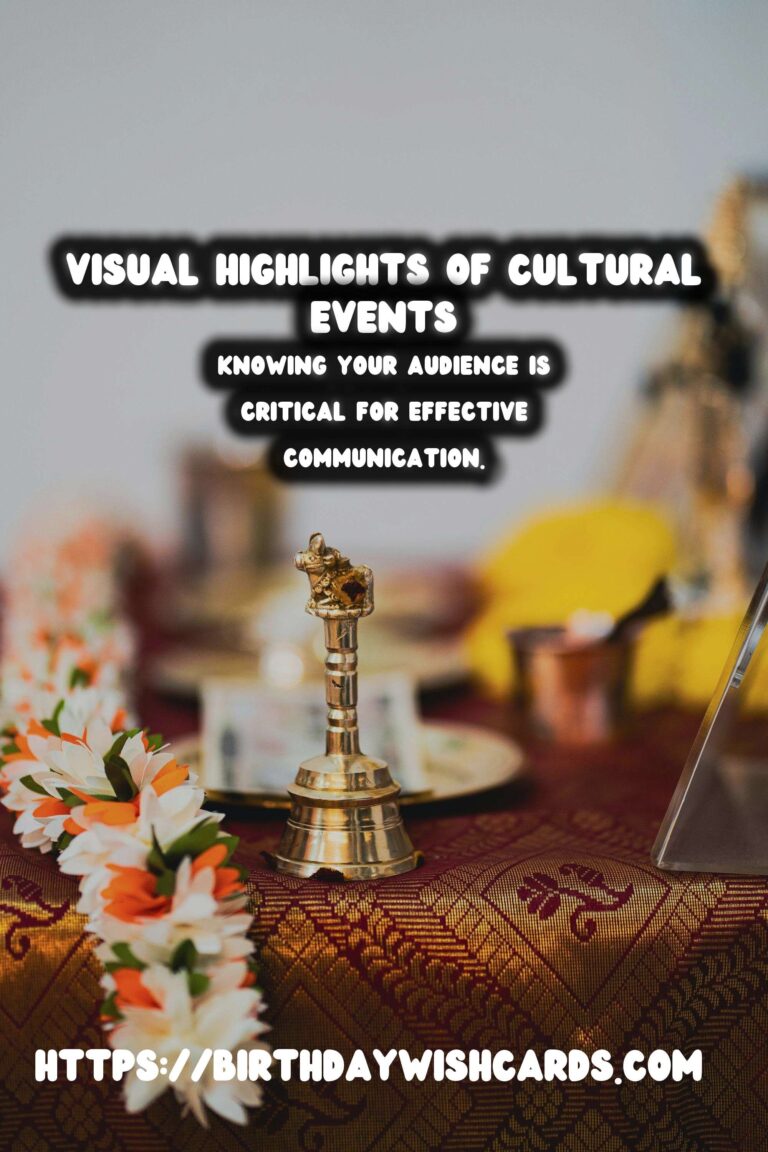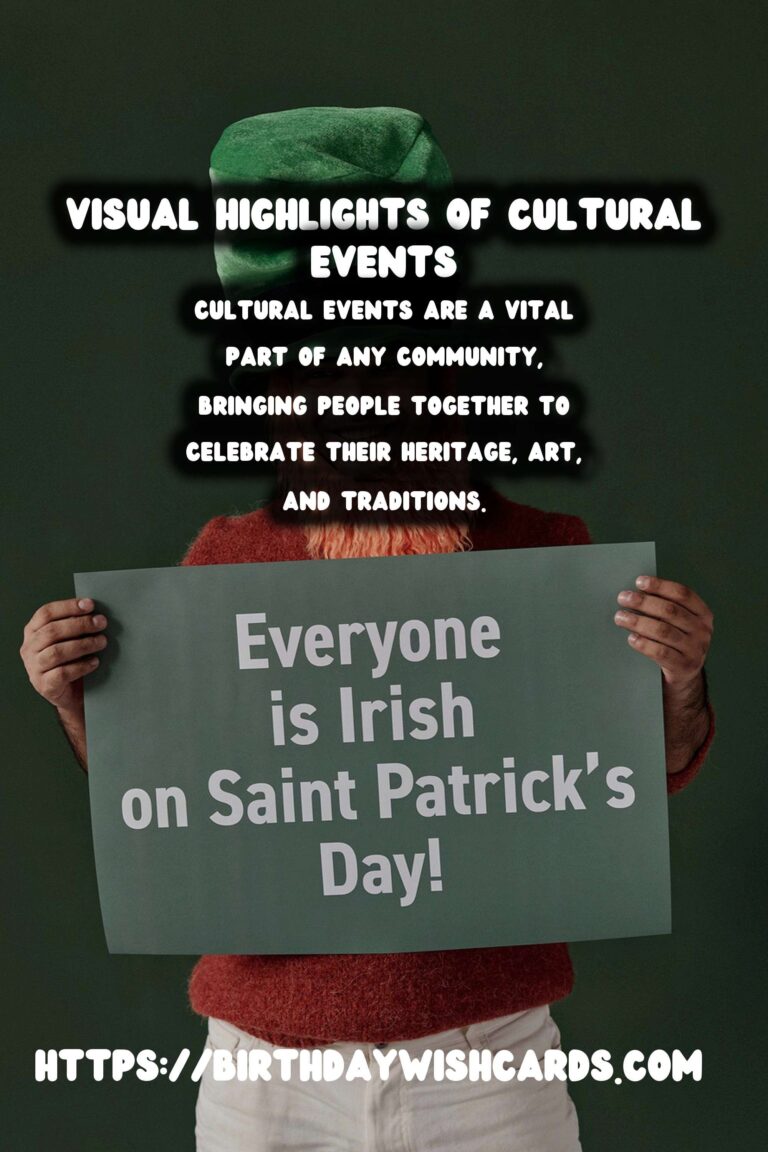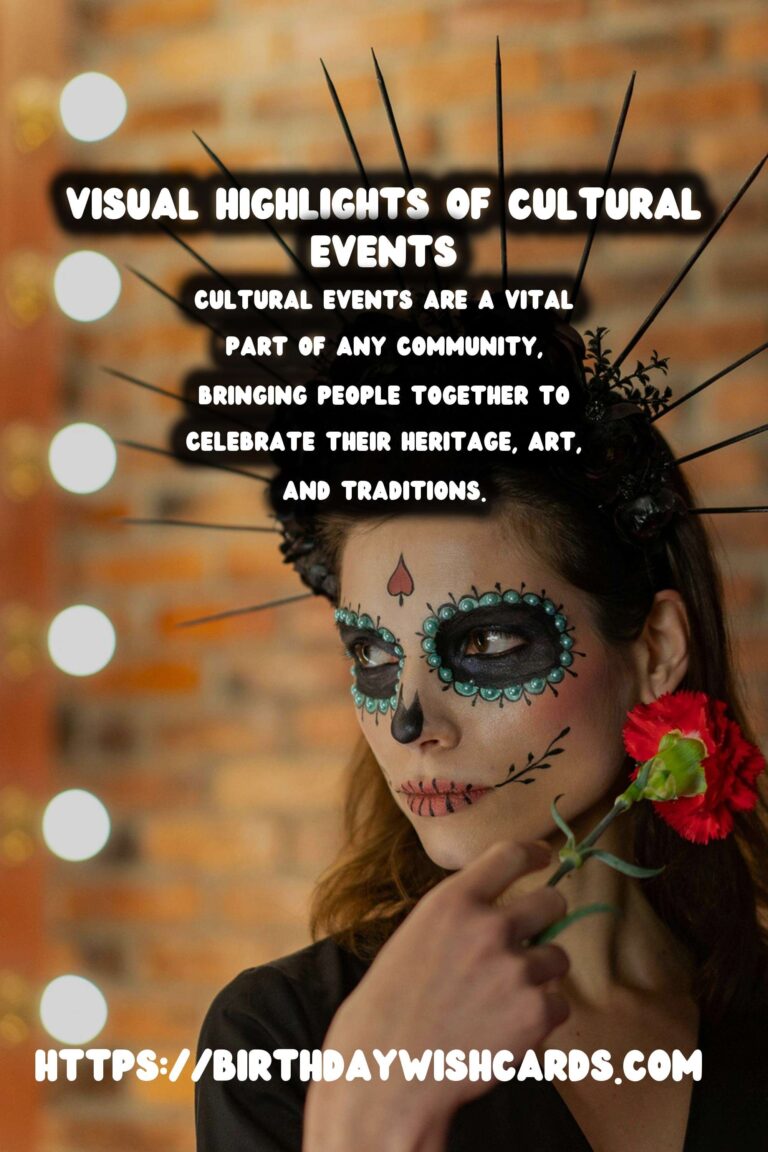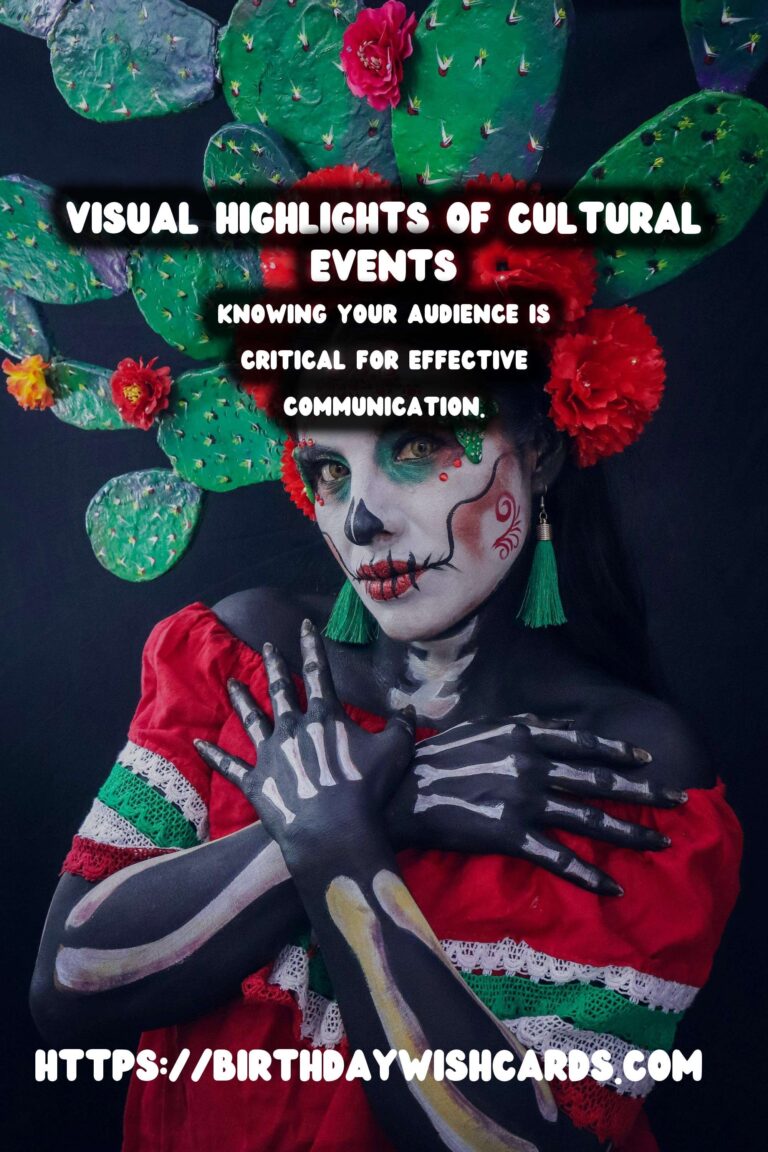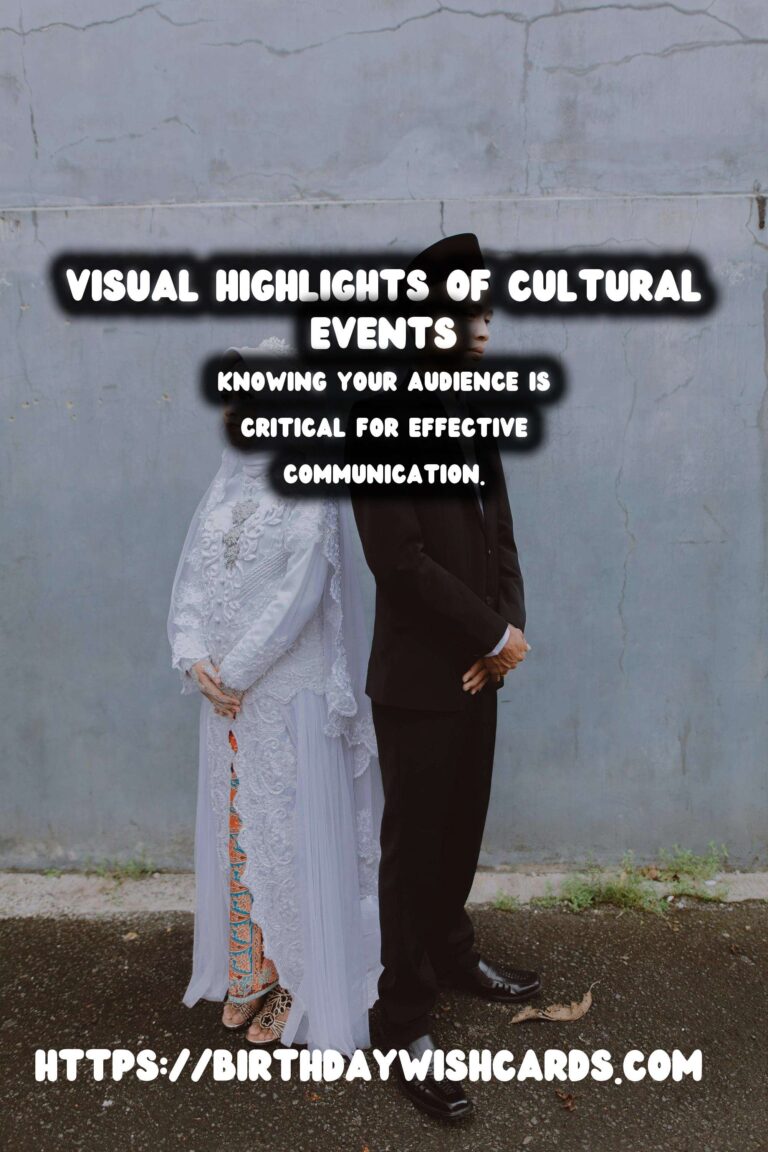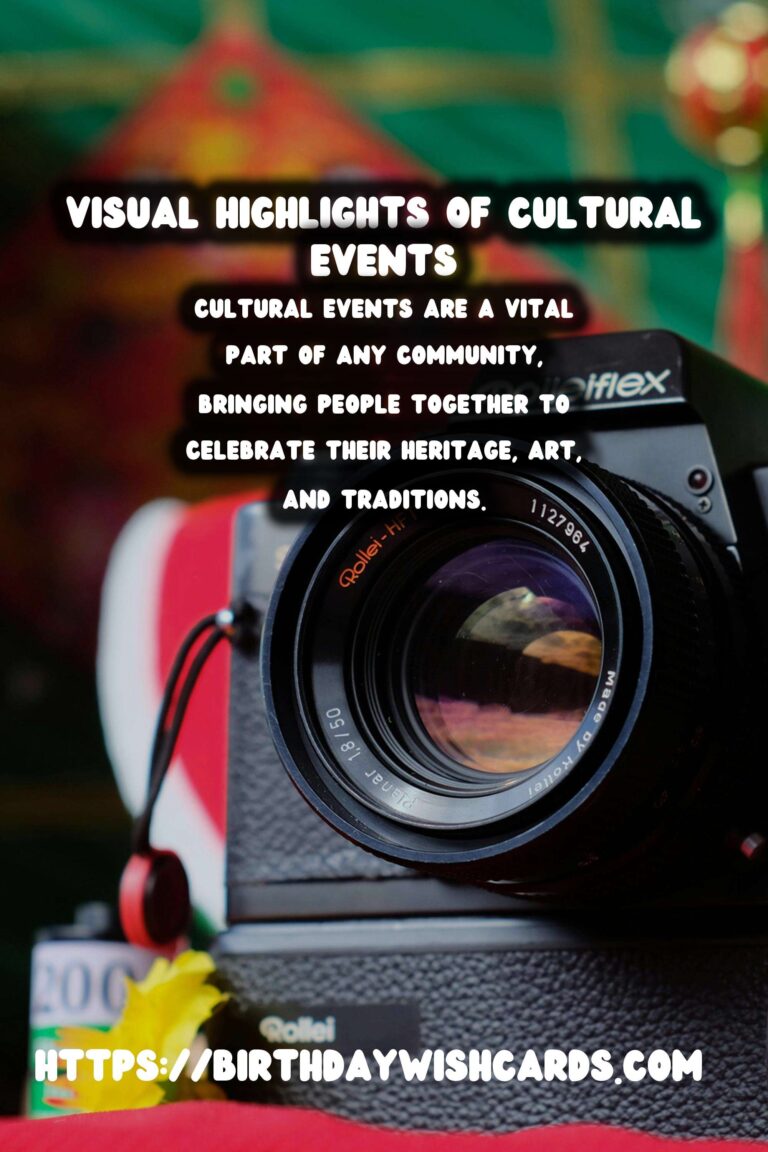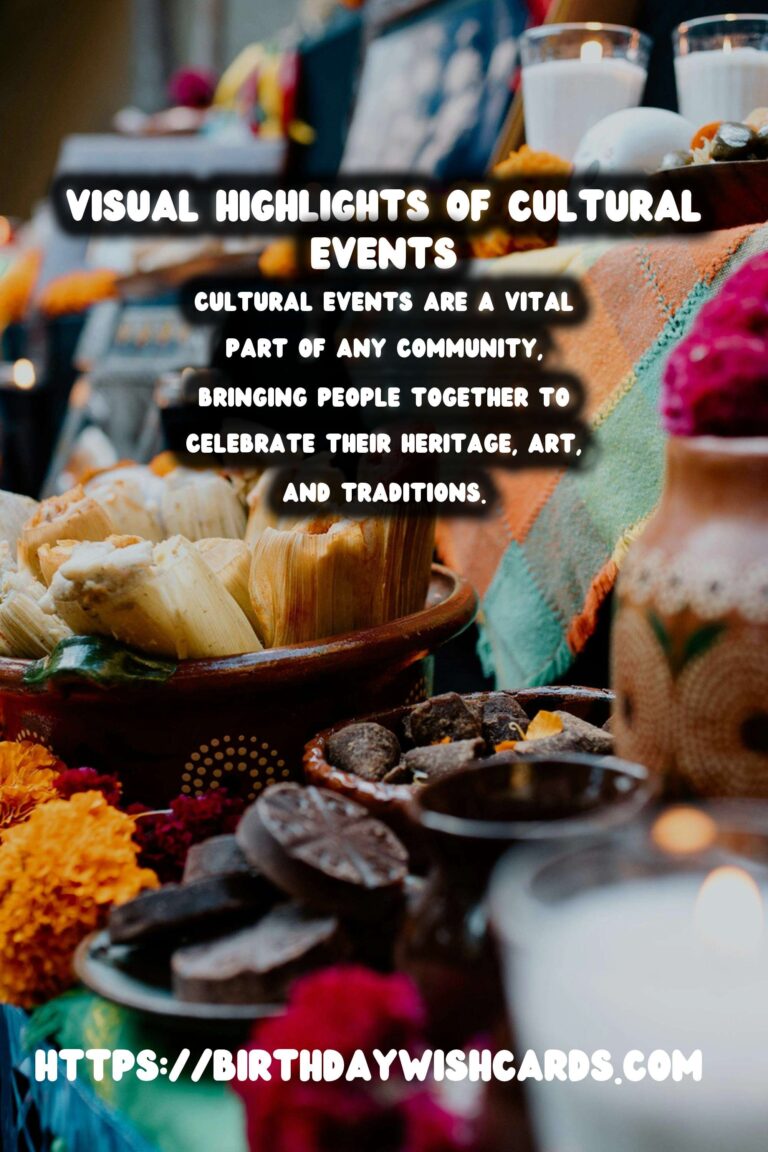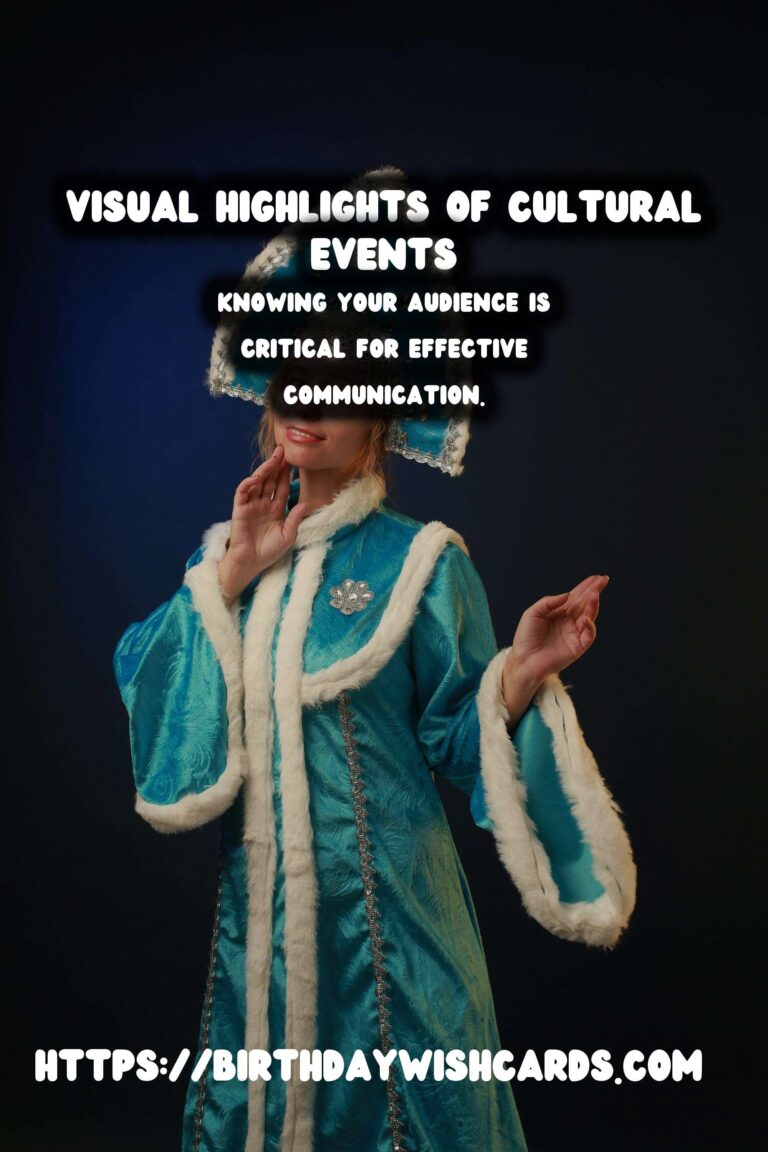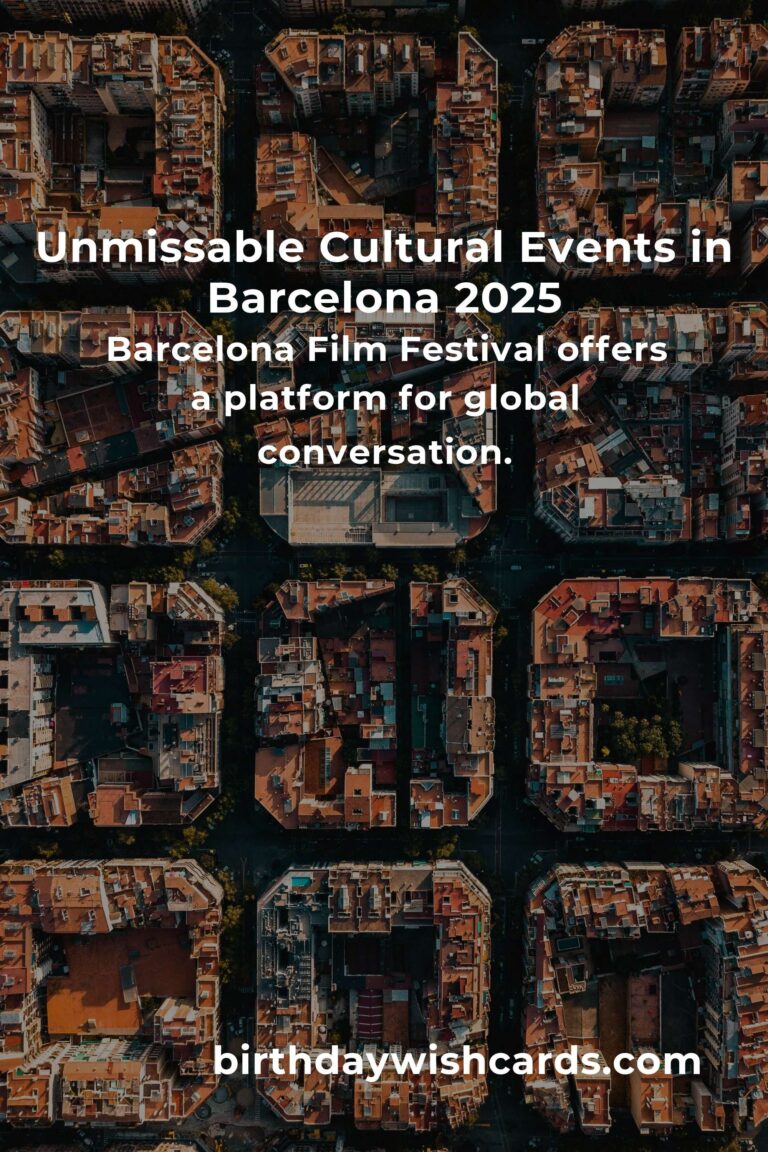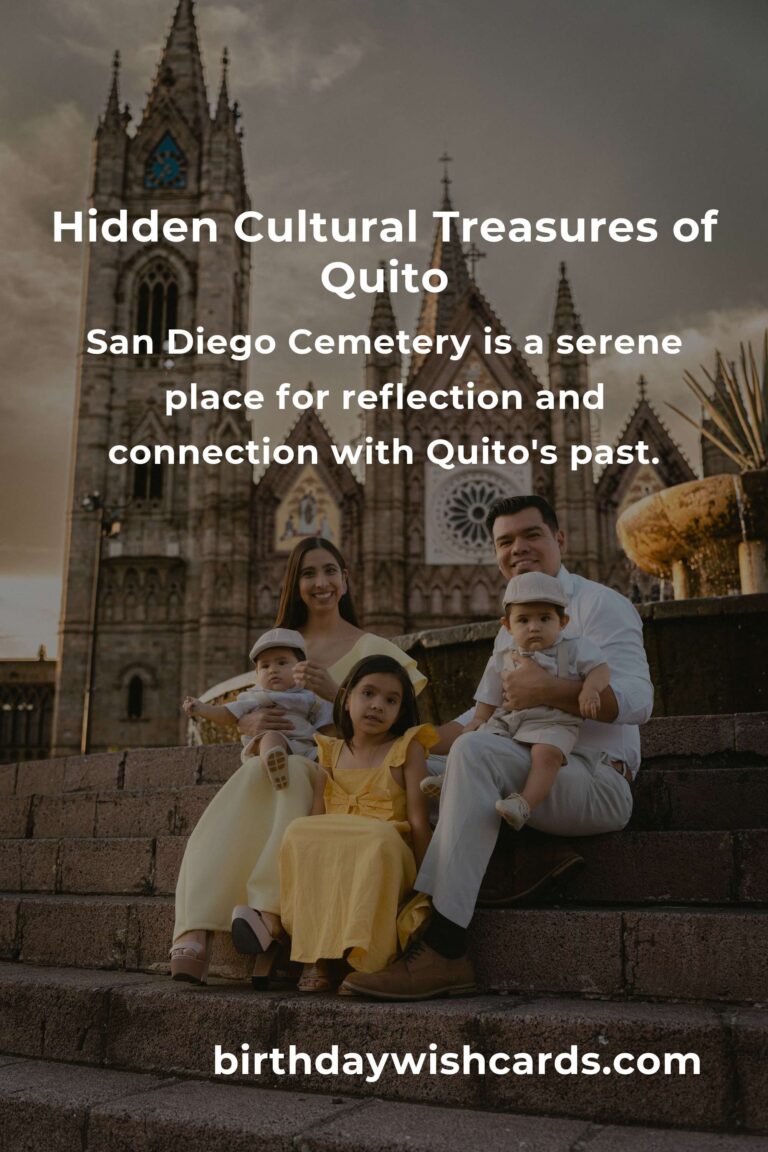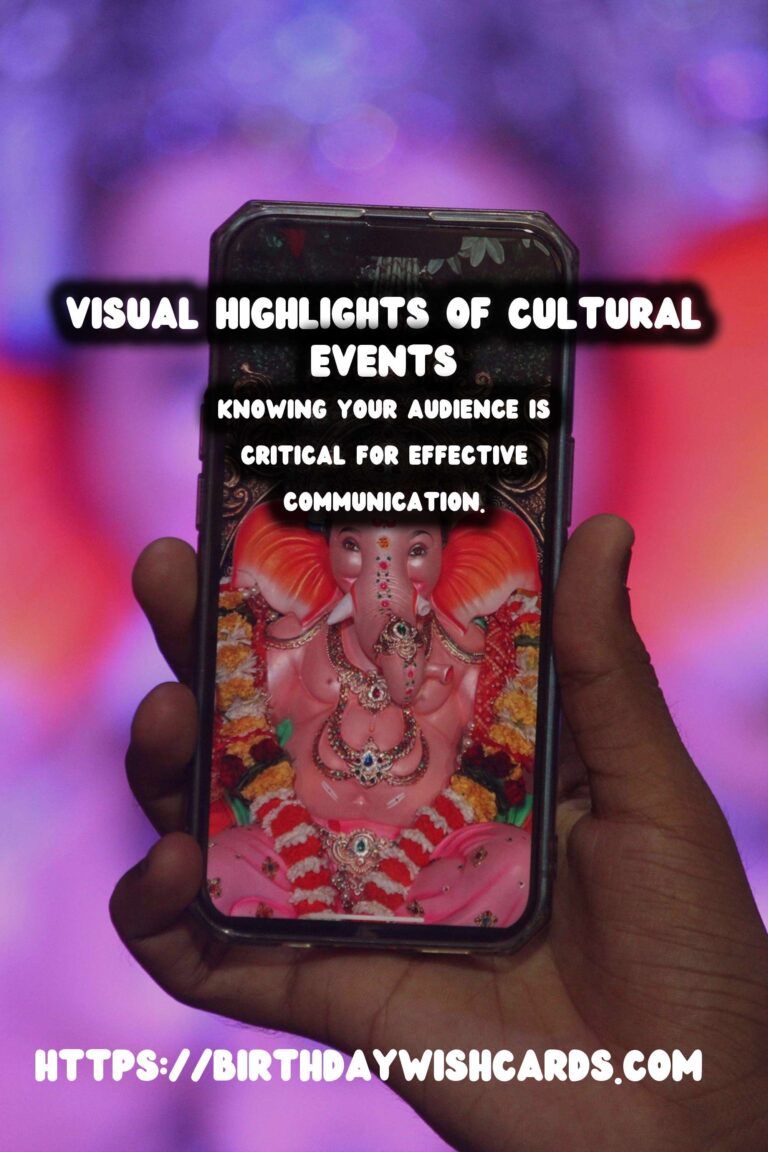
Cultural events are a vital part of any community, bringing people together to celebrate their heritage, art, and traditions. Crafting a well-organized and visually appealing cultural event guide can make a significant difference in how well the event is received. In this article, we will explore the essential elements of creating an impressive cultural event guide.
Understanding the Purpose of Your Guide
The first step to creating an impressive cultural event guide is understanding its purpose. A well-designed guide serves several key functions:
- Inform attendees about event details.
- Showcase the cultural significance of the event.
- Provide logistics and practical information.
- Encourage attendance and participation.
Researching Your Audience
Knowing your audience is critical for effective communication. Conduct surveys or gather data about potential attendees to understand their preferences.
Key Considerations:
- Age group
- Cultural background
- Interests and activities
Selecting the Right Format
The format of your cultural event guide can vary depending on your audience and the nature of the event. Options include:
- Print guides: Brochures, flyers, or booklets.
- Digital guides: PDFs, eBooks, or web pages.
- Interactive guides: Mobile apps or websites with interactive features.
Essential Elements of Your Cultural Event Guide
To ensure your guide is comprehensive, include the following sections:
Event Overview
Provide a brief introduction to the event, including its history and significance.
Schedule of Activities
List all activities, performances, and workshops along with their timings.
Venue Information
Include details about the location, accessibility, parking, and nearby amenities.
Participating Artists and Contributors
Highlight the artists, performers, and speakers involved in the event.
Ticketing Information
Clearly explain the ticketing process, including where to purchase and pricing details.
Designing an Eye-Catching Layout
Visual appeal is crucial for grabbing attention. Follow these tips:
- Use high-quality images related to the event.
- Choose a readable font and color scheme.
- Incorporate artwork or cultural motifs relevant to the theme.
SEO Optimization
To ensure your cultural event guide reaches a larger audience, incorporate SEO best practices:
- Use relevant keywords throughout the content.
- Optimize images with alt tags and descriptive filenames.
- Incorporate internal and external links to enhance credibility.
Promoting Your Guide
Once your guide is complete, it’s time to promote it:
- Share on social media platforms.
- Email newsletters to subscribers.
- Collaborate with local businesses and organizations.
Gathering Feedback and Iterating
After the event, gather feedback from attendees to improve future guides. This can be done through surveys or informal conversations.
Creating a cultural event guide requires a balance of informative content, engaging design, and strategic promotion. By considering your audience, including essential elements, and following design principles, you will ensure your guide not only informs but impresses attendees.
Cultural events are a vital part of any community, bringing people together to celebrate their heritage, art, and traditions. Knowing your audience is critical for effective communication. 
